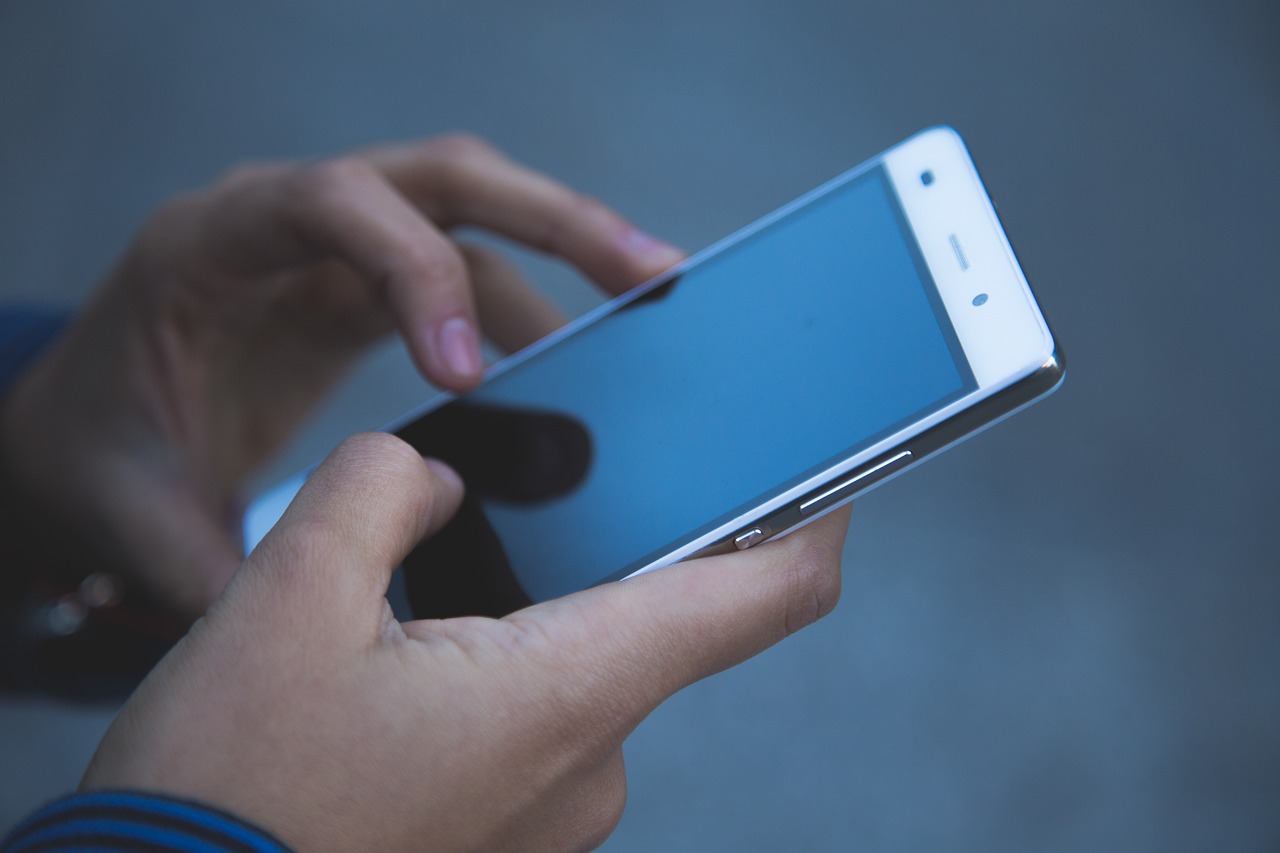Understand this controversial case. Apple intends to take a user who teaches how to repair iPhone devices to court.
Wilmer Becerra is a Colombian engineer who has worked in the electronics repair industry for many years. In 2018, he expanded his reach to social media, posting tutorial videos on iPhone, iPad and iMac repairs.
In five years, the professor has accumulated more than 5.2 million followers on Tik Tok, 6.5 million on Facebook and 251 thousand on Instagram, in addition to opening an international electronics technical support network, Wiltech, which is present in 9 countries. They are Argentina, Bolivia, Chile, Colombia, Ecuador, Guatemala, Mexico, Peru and Panama. There is still no Wiltech unit in Brazil. According to Becerra, the company has not yet arrived in the country due to language issues. But the engineer's story, which could be an example of successful entrepreneurship, seems to have failed to win over one of the largest companies in Silicon Valley. Keep reading to find out more.

Legal dispute
Last July, Wilmer Becerra was notified extrajudicially by Apple company, ordering him to no longer display the company's logo, the famous bitten apple, in his popular videos.
Of course, the problem is not the brand's appearance, as the engineer himself pointed out in a video posted on his social media. In his defense, released in August, Becerra invoked the right to repair, a legal norm that exists in some countries that seeks to balance property rights and free competition with environmental protection. The idea is to have an electronic repair market similar to that of the automobile industry.
For example, in the European Union, smartphone and computer manufacturers must produce replacement parts for at least 10 years. This measure is environmentally friendly because it extends the lifespan of devices that pollute from the extraction of the raw materials needed for production to their entire life cycle. The problem is that this goes against the interests of large companies. They prefer to work according to the logic of planned obsolescence, forcing consumers to spend more to buy new devices when the product reaches the end of its short useful life.
Apple threatens teacher
The threat of a legal process on Apple’s part, which is absurd in itself. Combined with the debate surrounding the obsolescence of the plan and the minimization of its environmental impact, the case attracted international press. After receiving comments from media outlets in Colombia, Peru, Argentina and Spain, Apple made a public statement. The company continued with the narrative that it is not persecuting the Colombian, but simply does not want him to “use” its logos in videos. In addition, it made a proposal for the engineer’s company to become an authorized technical support service for the brand.
Interviewed by Folha, Wilmer Becerra said he had no intention of accepting the offer. He emphasized that his target audience is not the same as those seeking authorized technical support. Furthermore, he is also an advocate of the right to compensation and the conditions for being an authorized person meet this ideal.
The professor explained that if he were an authorized person, he would not be allowed to repair damaged parts of Apple devices, but would have to replace them, which would make his job more expensive and difficult. Most of the phones he repairs are no longer under factory warranty or have not had their problems resolved through official technical support.



